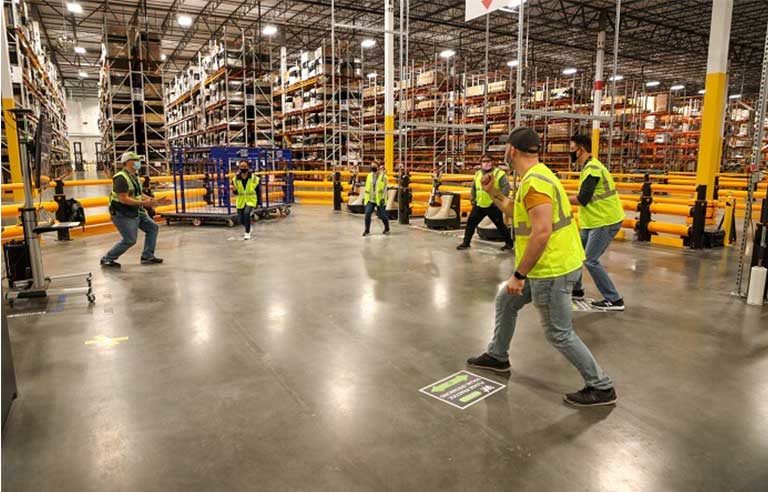NSC expands its multisector advisory group to help bolster MSD initiative

Itasca, IL — Building on its push to reduce work-related musculoskeletal disorders, the National Safety Council has appointed 12 new members to its MSD Solutions Lab Advisory Council.
The most common workplace injury, MSDs – such as tendinitis, back strains and sprains, and carpal tunnel syndrome – affect nearly a quarter of the world’s population and are the leading cause of worker disability, early retirement and limitations to gainful employment, according to NSC.
The advisory council was formed in December as part of the MSD Solutions Lab strategic initiative, established last year with Amazon, and is made up of safety leaders and experts. Along with supporting the lab’s ongoing MSD research and innovation by providing expertise, guidance and resources, these volunteers help amplify awareness of MSD risk and inform policy efforts to create safer workplaces.
“MSDs are pervasive, and overcoming an issue on this scale requires bold new ideas and global collaboration,” MSD Solutions Lab Director Corinne Towler said. “The expansion of the lab’s advisory council underscores both tenets of our approach to solving this critical safety challenge and together, with these new safety leaders, we look forward to continuing to move the needle on MSD prevention and creating safer outcomes for millions of workers worldwide.”
The 12 new members join a sizable list of inaugural members from various industries and sectors – including academia, health care, retail and manufacturing – on the advisory council.
“One of the unique challenges associated with MSDs is their complexity, and engaging with a diverse group of industry experts should be a crucial component of any successful prevention strategy,” David Brodie, ergonomist lead at Cargill, said in an NSC press release. “The National Safety Council has a proven track record of convening unparalleled networks of safety leaders to tackle the most pressing safety challenges of our time, and I am honored to be a part of this effort to advance research and solutions that enable workers to live their fullest lives.”

